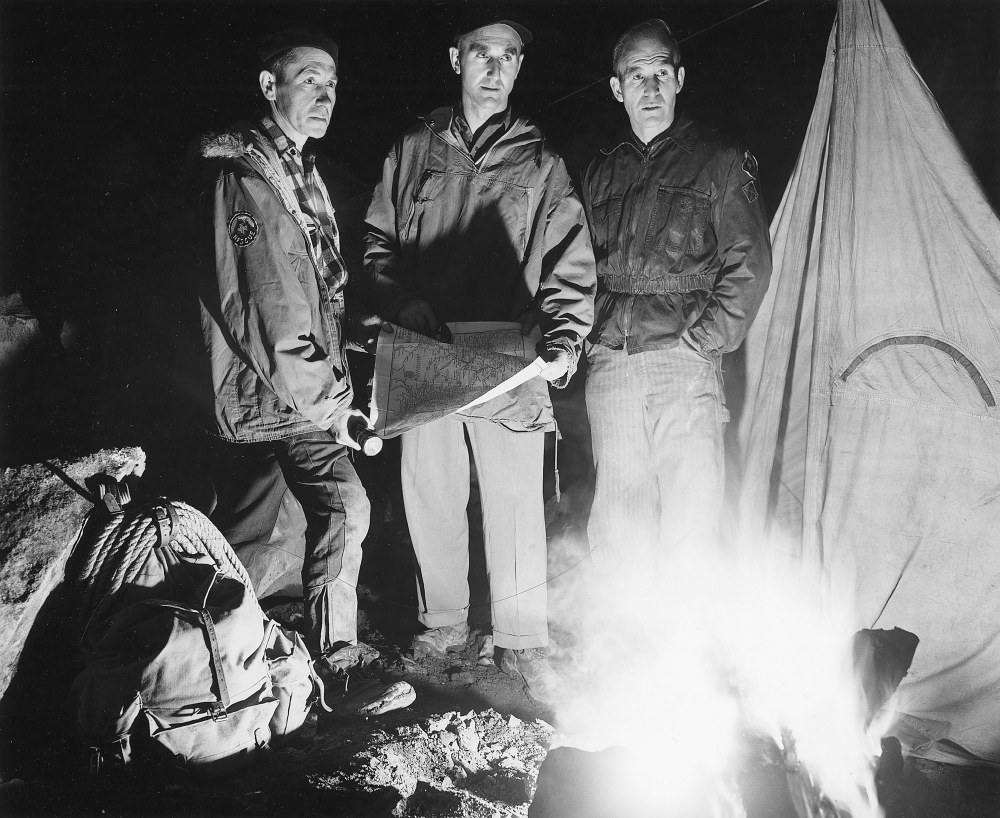
I was not stoked to write this column, not stoked at all, bra’.
When I hear someone say how stoked they are to get on with whatever it is they are getting on with, I get wistful at the lack of context.
In its modern appearances, stoked is a juvenile’s bravado.
Stoked is too often wielded by folks who are willfully ignoring consequence. It is a phrase used first by surfers, then adopted more broadly by climbers, the ones who haven’t yet dangled off a rope, swaying in a wind, rocks falling all around. College football players getting pumped up for a game that could well end with their first concussion talk about how stoked they are. It’s left to others to worry about a life cut short.
Being stoked these days is the blissfully ignorant, cynical passion of our modern, environment-devouring economy. I’ve heard people say, “The Russians are so stoked for climate change. They are going to be growing pineapples at the Arctic Circle.” It’s left to others to worry about a world in freefall.
Stoked has a grittier meaning, one embedded in consequence.
The person who stoked the coal furnaces that blasted out the industrial age ached their way through a short and dirty life. A coal burning railroad engine gouged its way through forests, mountains, and deserts on the energy of the stoker, who wielded shovelful after shovelful as the miles passed. Were they stoked to be feeding that fire? Take a look at the size of the shovels they used 150 years ago to stoke the mills. A visit to CrossFit five times a week wasn’t what made it possible to hoist that tool. It was desperation, hunger, fear for family if failure wins out. No new pair of lime green nylon gloves will stave off the burns and scars covering hands that stoked those fires.
The people who gather in groups to high-five each other on their way to the top don’t seem to account for the pain, the disappointment, the defeat that might otherwise temper their bravado with humility.
Because stoked isn’t the raging fire. It is the effort it takes to get that fire raging that matters.
We stoke the fire in a wood stove and then close the damper until just the right mix of air and fuel will let it burn for hours while we go about our business. Maybe this is an old man’s definition of stoked. The raging flames of youth have dissipated. The heart is smoldering. The best to hope for is a radiant heat that will keep the fire burning just a little bit longer, just a few more hours, months, years.
Youth should be stoked to take on the world, face any challenge, jump into any adventure. Yoke yourself to that energy, let it carry you far, but know its consequence. Temper your stoke with perspective.
We pay a price. It is a price worth paying, but it is still a price. The effort takes its toll.
In old age, when you stoke the fires, tell the stories, of hope, of fear, of loss, of satisfaction, enjoy the heat and let your eyes fill with tears, for a fading life well-lived.
This article originally appeared in our Fall 2018 issue of Mountaineer Magazine. To view the original article in magazine form and read more stories from our publication, click here.
 Steven Scher
Steven Scher